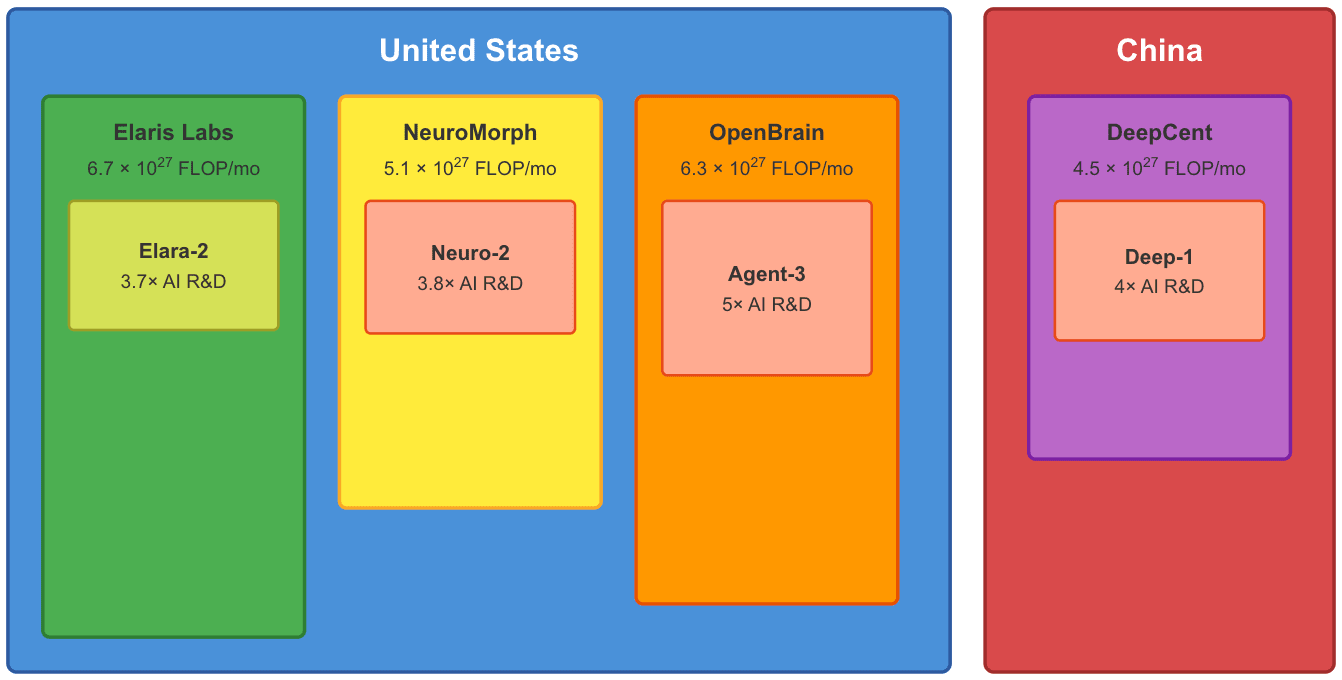Tim Berners-Lee, the architect of the World Wide Web, now finds himself in a battle to reclaim its original vision amidst a landscape marred by misinformation and monopolistic platforms. Despite his monumental contribution to digital connectivity, Berners-Lee's name often elicits confusion, overshadowed by the very technologies he pioneered. His latest endeavor, the Solid Protocol, aims to empower users by decentralizing data control, allowing individuals to store their information independently rather than surrendering it to corporate giants. This shift is crucial as platforms increasingly operate as extractive monopolies, trapping users in a cycle of dependency while stifling innovation and privacy. Berners-Lee's transition from a passive inventor to an active advocate reflects the urgency of addressing these challenges, as he likens his current role to that of Paul Revere, sounding the alarm on the web's deteriorating state.
The crux of Berners-Lee's mission lies in fostering a new digital ecosystem where users regain agency over their data. By launching Inrupt, he seeks to accelerate the adoption of Solid, which envisions a future where personal data is stored in "Solid Pods," enabling users to control access and facilitate competition among services. However, the path forward is fraught with obstacles, as evidenced by the slow uptake of Solid and the entrenched nature of existing platforms. Berners-Lee's vision of a decentralized web, where individuals can reclaim their digital identities, hinges on overcoming these barriers and inspiring a collective movement towards data sovereignty. As he continues to advocate for a compassionate and equitable internet, the implications of his work extend beyond technology; they challenge us to rethink the very foundations of our digital interactions and the societal structures they support.









